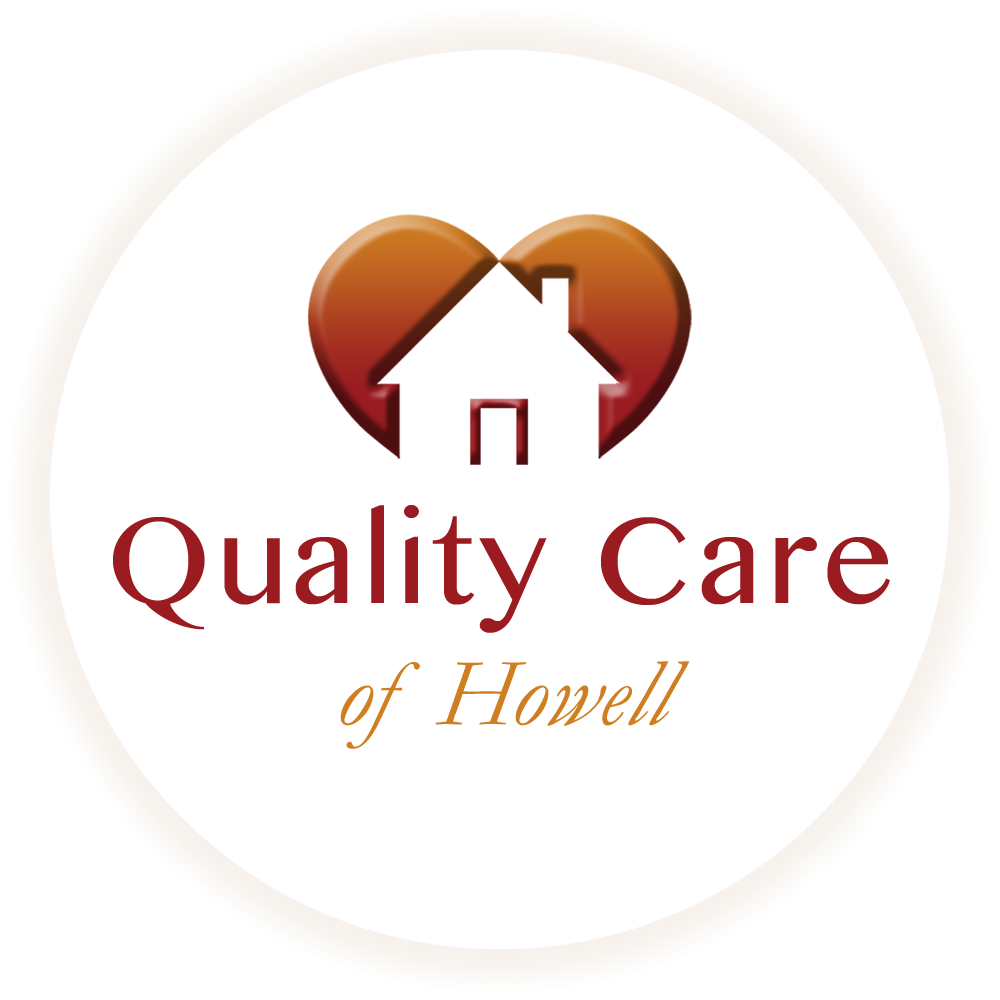Photo from Pixels
Alzheimer's disease is a progressive brain disorder that causes memory loss and other cognitive decline. It is the sixth leading cause of death in the United States and the most common cause of dementia.
There is no cure for Alzheimer's disease, but there are treatments that can help to slow the progression of the disease and improve the quality of life for people with Alzheimer's and their caregivers.
Here are some of the signs and symptoms of Alzheimer's disease:
Memory loss: Difficulty remembering recent events, names, and faces.
Confusion: Difficulty thinking clearly, making decisions, and solving problems.
Changes in personality: Becoming more withdrawn, irritable, or aggressive.
Trouble with language: Difficulty finding words, speaking clearly, or understanding what others are saying.
Problems with vision, judgment, and balance: Difficulty seeing clearly, making good decisions, and maintaining balance.
If you or someone you know is experiencing any of these signs or symptoms, it is important to see a doctor for diagnosis and treatment.
There are a number of things that can be done to help people with Alzheimer's disease and their caregivers:
Get a diagnosis: The sooner Alzheimer's disease is diagnosed; the sooner treatment can be started.
Get support: There are several support groups available for people with Alzheimer's disease and their caregivers. These groups can provide emotional support, information, and practical advice.
Stay active: People with Alzheimer's disease should stay as active as possible. This can help to slow the progression of the disease and improve the quality of life.
Get help with daily tasks: As Alzheimer's disease progresses, people may need help with daily tasks such as bathing, dressing, and eating. Caregivers can provide this help.
Make legal and financial arrangements: People with Alzheimer's disease may need to make legal and financial arrangements, such as creating a will and appointing a power of attorney.
Plan for long-term care: As Alzheimer's disease progresses, people may need long-term care, such as a nursing home or assisted living facility. It is important to plan for long-term care so that it is not a burden on family and friends.
Alzheimer's disease is a challenging disease, but there are ways to help people with Alzheimer's disease and their caregivers. By getting a diagnosis, getting support, staying active, getting help with daily tasks, making legal and financial arrangements, and planning for long-term care, people with Alzheimer's disease and their caregivers can live as full and meaningful lives as possible.
In addition to the tips above, there are a number of resources available to help people with Alzheimer's disease and their caregivers. These resources can provide information, support, and assistance.
Some of these resources include:
The Alzheimer's Association: The Alzheimer's Association is a national organization that provides information, support, and assistance to people with Alzheimer's disease and their caregivers.
The National Institute on Aging: The National Institute on Aging is a federal agency that provides information and funding for research on Alzheimer's disease.
State and local Alzheimer's organizations: Many states and localities have Alzheimer's organizations that provide information and support to people with Alzheimer's disease and their caregivers.
Online resources: There are a number of online resources that provide information, support, and assistance to people with Alzheimer's disease and their caregivers.
Local Resources:
Alzheimer’s Association: Michigan Chapter
24-hour line 800-272-3900
Michigan Chapter Headquarters: 248-351-0280
Brighton Lewy Body Dementia Support Group
2/42 Community Church 734-764-5137
7526 Grand River Ave
Brighton MI 48114
Livingston County Catholic Charities
517-545-5944
2020 E. Grand River
Howell MI 48843
By taking advantage of the resources available, people with Alzheimer's disease and their caregivers can get the help they need to live as full and meaningful lives as possible.

